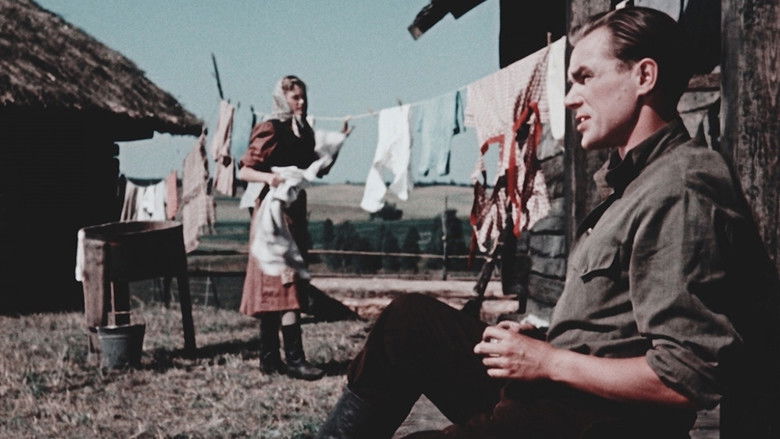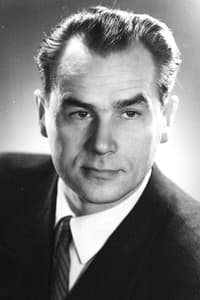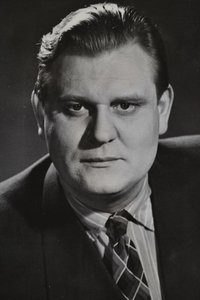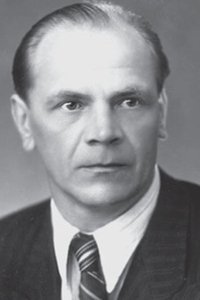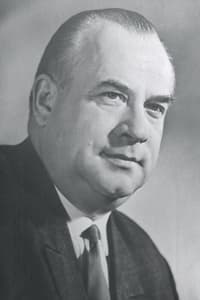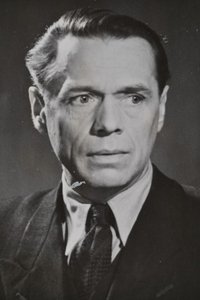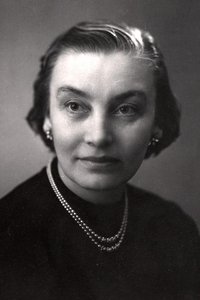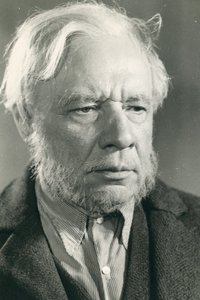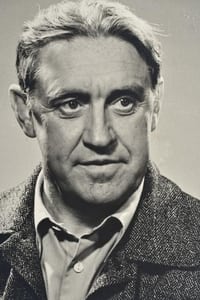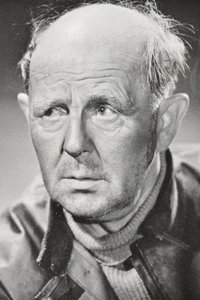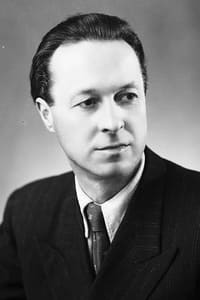Light Over Koordi
Genres
Drama
OverView
When Paul Runge, a soldier of the Red Army, returns home to Koordi after the war, he sees that, despite the new regime, life in Koordi hasn't changed. It's still a abandoned, uncultured Estonian village, where rich landlords still oppress the population. Runge starts talking about founding a kolkhoze.
Others
Budget
$--
Revenue
$--
Status
Released
Original Language
Estonian
Runtime
93 mins
Rating
4/10
Release Date
27 August 1951
Country
Soviet Union
